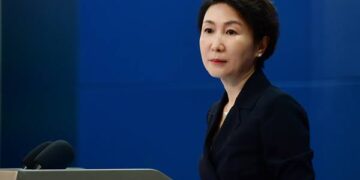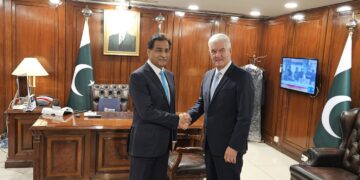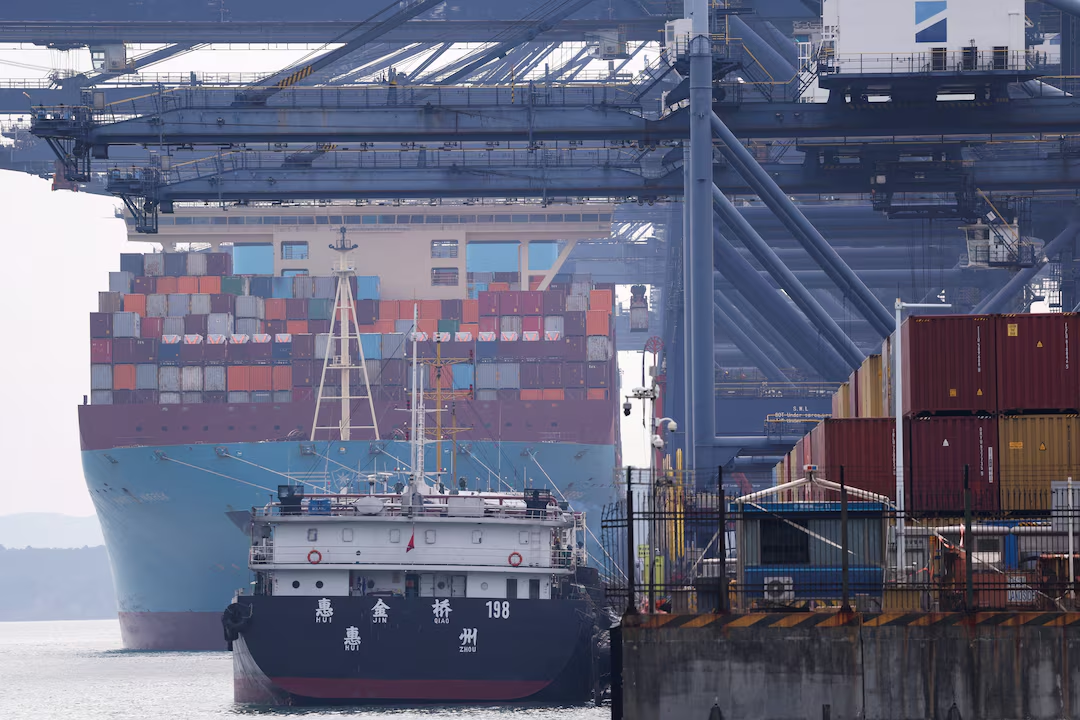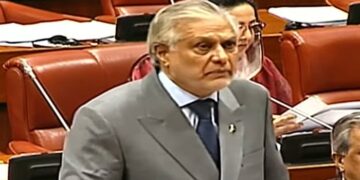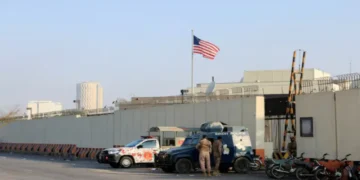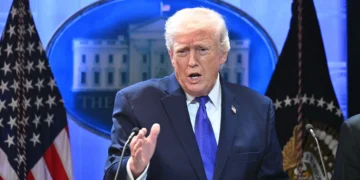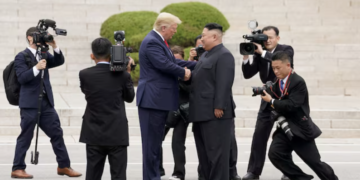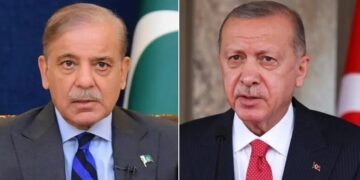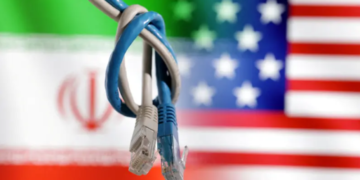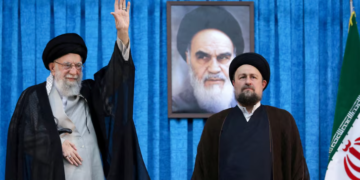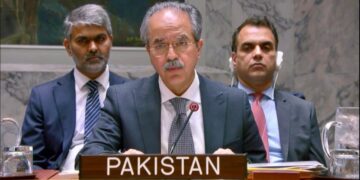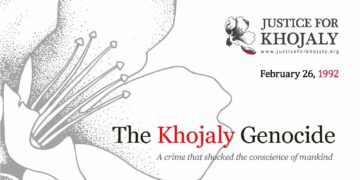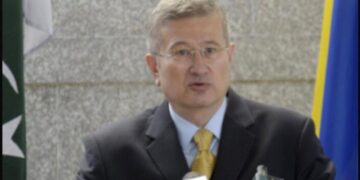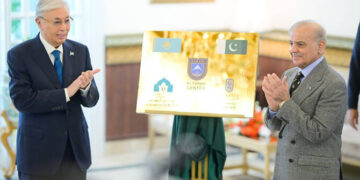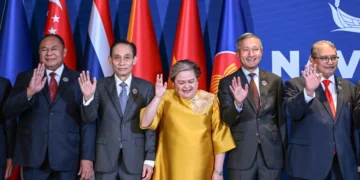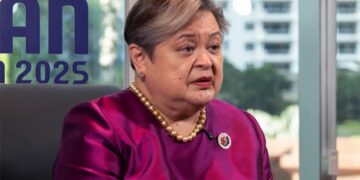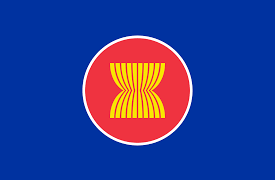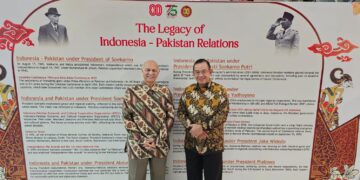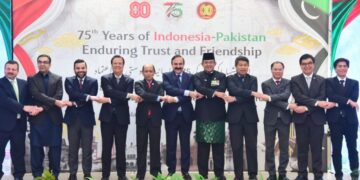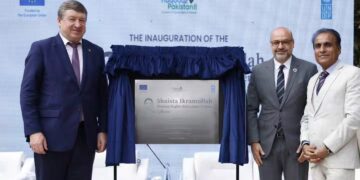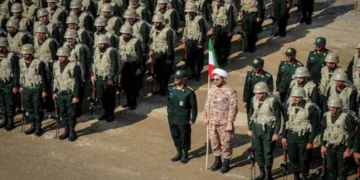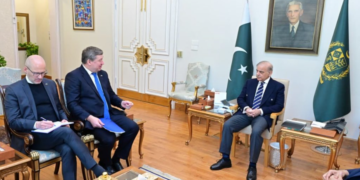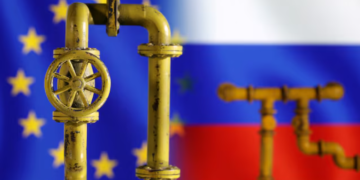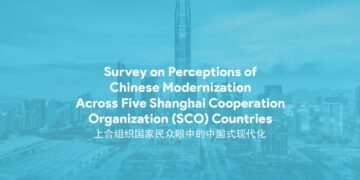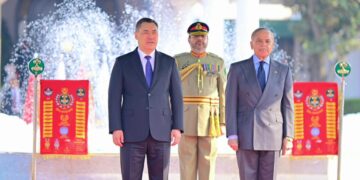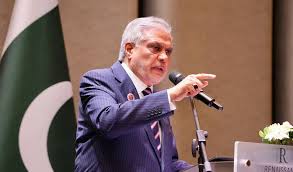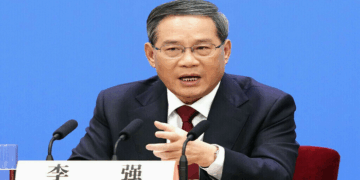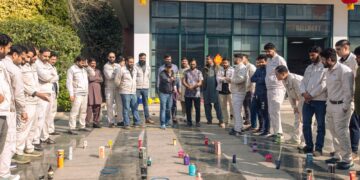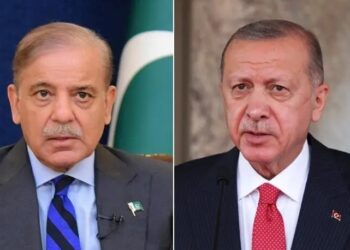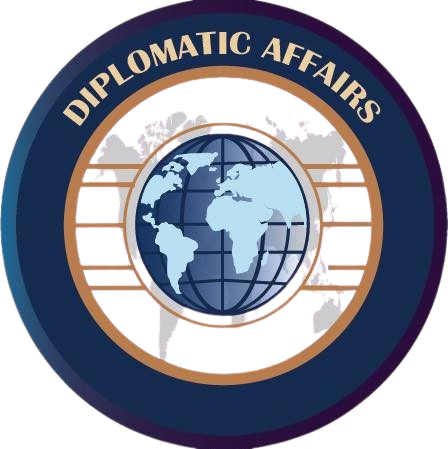ASTANA; Kazakhstan reaffirmed its ambition to become a leading force in artificial intelligence and digital transformation during the three-day Digital Bridge 2025 forum held from October 2–4 in Astana under the theme “Generative Nation.”
The high-profile event brought together world leaders, technology pioneers, and investors including President Kassym-Jomart Tokayev, Hungarian President Tamás Sulyok, Telegram founder Pavel Durov, AI expert Kai-Fu Lee, Google’s Peter Norvig, Stanford professor Ilya Strebulaev, and G42 International CEO Mansoor Al Mansoori.
Among the major announcements were:
- The opening of Telegram’s AI Lab at the Alem.ai Center.
- The unveiling of SKAI, the world’s first AI-powered independent board member with voting rights.
- The launch of Kazakhstan’s first AI research university.
- Plans to develop a second national supercomputer cluster.
With over 1,000 speakers, 500 startups, and 500 investors, the forum showcased Kazakhstan’s rapid rise as a hub for technological innovation.
Tokayev’s Vision: AI for Peace and Governance
In his keynote address, President Tokayev emphasized that AI must be used exclusively for peaceful purposes, rejecting its deployment in military applications or cyberattacks. Drawing a parallel with Kazakhstan’s historic renunciation of nuclear weapons, he called for responsible AI development.
He also announced that Kazakhstan would actively participate in a UN-led Global Dialogue on AI Governance, supporting multilateral cooperation such as China’s proposed Global Organization for AI Cooperation.
Tokayev set a national goal to make Kazakhstan a fully digital state within three years. To drive this transformation, the government has created a Ministry of Artificial Intelligence and Digital Development, tasked with building a comprehensive digital ecosystem.
Institutional and Legal Reforms
Tokayev unveiled plans for the Alem.ai International Center for Artificial Intelligence, a “factory of ideas” designed to become a global hub for ethical AI applications. A second national supercomputer cluster and the launch of Alem LLM, Kazakhstan’s own large language model, were also announced.
He highlighted the passage of the “Law on Artificial Intelligence” and the drafting of a Digital Code to regulate digitization across sectors such as healthcare, education, and governance.
AI in Governance and Society
Kazakhstan is adopting a “digital by default” approach, ensuring all new public services are designed in digital format. Tokayev introduced the “once-only principle” to streamline bureaucracy, and emphasized the ethical and human dimension of AI, insisting that technology must serve all people equally and preserve human creativity and moral judgment.
Global Engagement
Tech leaders praised Kazakhstan’s forward-looking approach. Pavel Durov announced Telegram’s AI lab in Astana, while Kai-Fu Lee called the country a “digital bridge between East and West.” Mansoor Al Mansoori highlighted joint AI projects with Kazakhstan, and Peter Norvig stressed AI’s transformative role in education.
Ilya Strebulaev encouraged Kazakhstan to foster a startup-friendly ecosystem, noting that future global giants may emerge from such environments.
The forum concluded with President Tokayev proposing to rebrand Digital Bridge as “AI Bridge” from next year, underlining its central focus on artificial intelligence.

